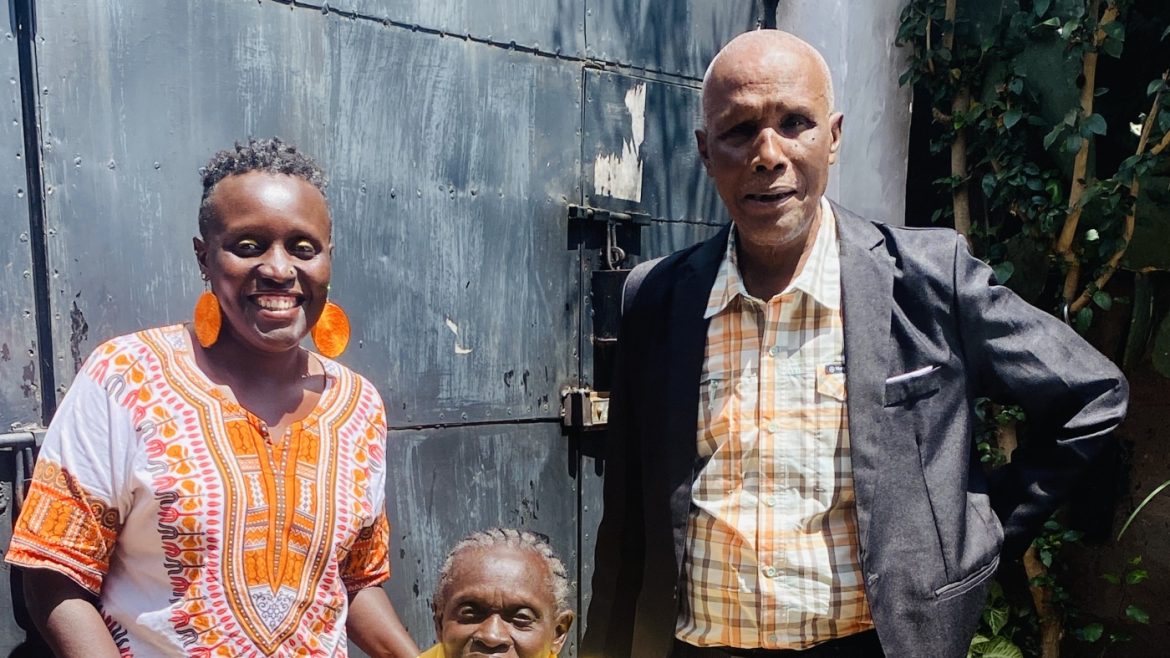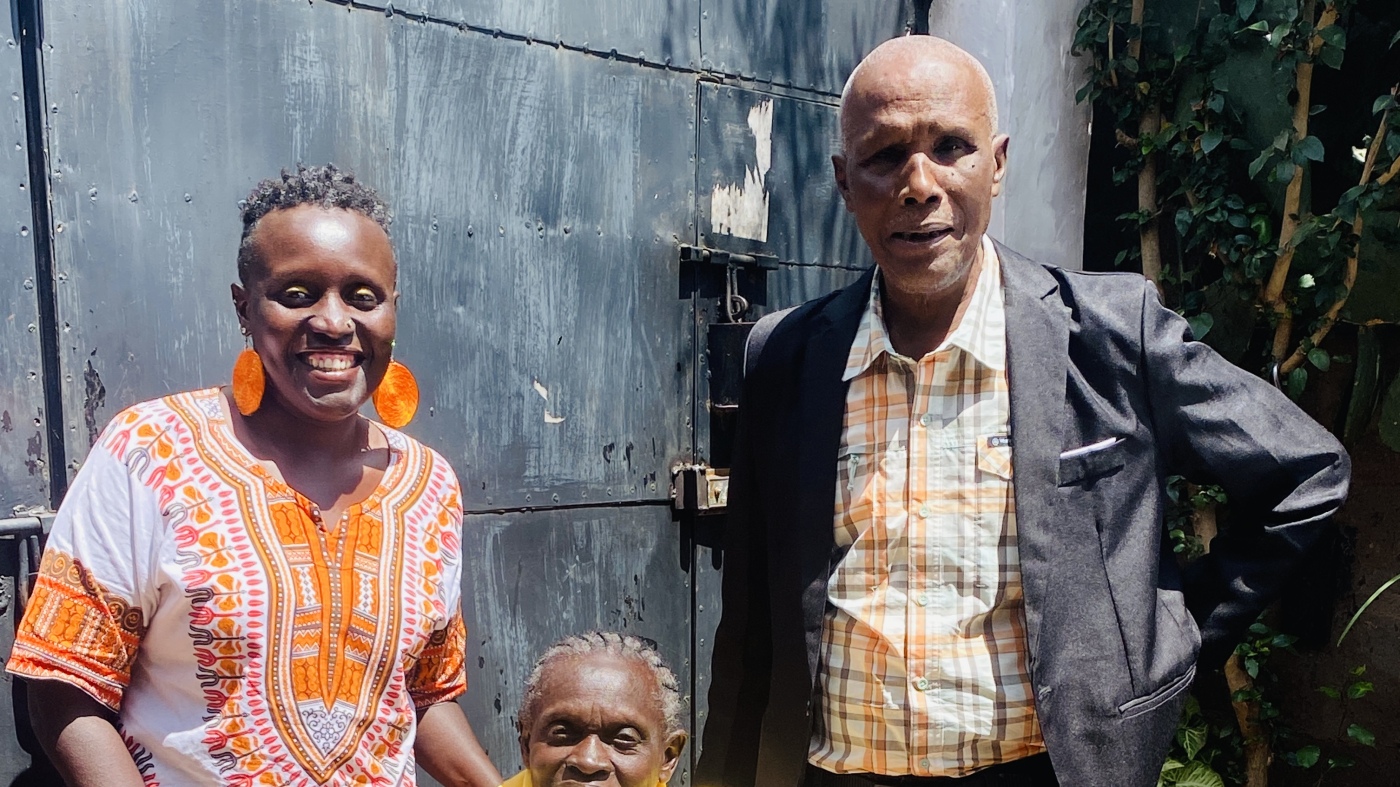Breaking Barriers: A Father’s Defiance Against Gender Norms in Education
Introduction: Challenging Cultural Expectations
In many parts of the world, societal norms and traditions often dictate roles and opportunities based on gender. A recurring narrative among the gathered content highlights the story of a Kenyan father who defied expectations by choosing to educate his four daughters despite widespread discouragement. This decision not only challenged cultural conventions but laid a foundation for empowerment and change. Contrasting views on fatherhood, listening, emotional neglect, and parental influence enrich the broader discussion regarding paternal roles and impact.
The Kenyan Father’s Stand: Education Against the Odds
The central and repeatedly emphasized narrative revolves around a father in rural Kenya who was urged by others not to invest in the education of his four daughters. Traditionally, in this context, daughters were neither expected nor encouraged to pursue education; instead, early marriage was the norm, effectively limiting their options for personal and professional growth.
This father’s choice to ignore such advice embodies resistance and progressive thinking. By prioritizing his daughters’ schooling, he empowered them to envision and achieve futures beyond the societal template. Thanks to his determination, these daughters could access resources, knowledge, and careers traditionally inaccessible to many women in their community. This narrative shines as a beacon of hope and a call to re-examine gender biases impacting educational opportunities worldwide.
The Role of the Father Beyond Education
Beyond this powerful example, other excerpts illustrate varied paternal behaviors and their emotional and psychological consequences on children:
– Listening and Communication Issues: Several accounts emphasize fathers who do not listen or refuse to engage in meaningful dialogue with their children, often dismissing their feelings or experiences. This stubbornness creates barriers to understanding and strains relationships.
– Emotional Neglect and Its Signs: Emotional neglect manifests in awkwardness around the father, discomfort in sharing feelings, or a sense of invisibility. Such neglect can stunt emotional growth and leave lasting scars.
– Conflict and Stubbornness: Fathers who are rigid and dismissive can foster environments where children feel unheard and unsupported. Cases where children end up pushing back or even severing communication highlight the depth of these struggles.
– Parental Influence on Mental Health: Fathers who fail to provide emotional support or who react negatively to children’s vulnerabilities may contribute to issues like low self-esteem, anxiety, and difficulties in forming healthy adult relationships.
The Impact of Positive Fatherhood: Lessons from Kindness and Support
Comparatively, some stories show fathers who, despite hardships, provide guidance and protection that nurture resilience and confidence. For example:
– A father supporting his daughters’ education instills value and belief in their capabilities.
– Others demonstrate the importance of fathers acknowledging children’s feelings, encouraging expression, and offering unconditional support.
– Positive modeling, like teaching children to deal with bullies or navigating life’s complexities, contributes to a child’s sense of security and competence.
Cultural and Social Shifts in Fatherhood Expectations
The Kenyan father’s story is situated within a cultural framework that is gradually evolving. Historically, educating girls in rural areas was uncommon due to entrenched gender roles. Today, there is growing recognition worldwide of the value in equal educational opportunities and emotionally present parenting.
This evolution is bolstered by narratives that highlight the costs of neglectful or authoritarian fathering styles while celebrating those that break cycles of misogyny, indifference, and emotional absence. Communities and families benefit when fathers engage empathetically and supportively with their children.
Conclusion: Fathers as Agents of Change
This collection of stories and reflections underscores that fatherhood transcends biological ties; it is fundamentally about presence, advocacy, listening, and embracing change. The Kenyan father’s defiance against discouragement offers a powerful example: investing in daughters’ education inverted societal expectations and opened doors for empowerment. Conversely, tales of emotional neglect and stubbornness serve as cautionary accounts of the harm absent or rigid fathering can cause.
Ultimately, fostering environments where fathers stand as champions of their children’s potential—whether through education, emotional validation, or supportive engagement—shapes healthier families and more equitable societies. This legacy is one worth pursuing, as it transforms not only individual lives but entire communities.


